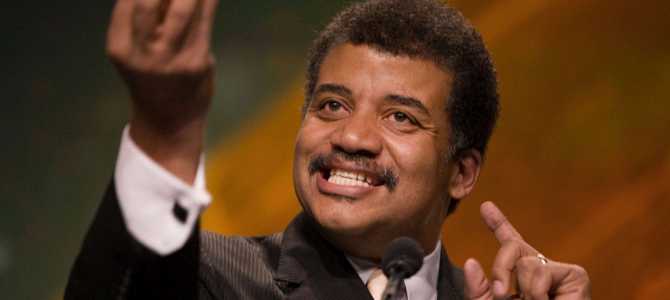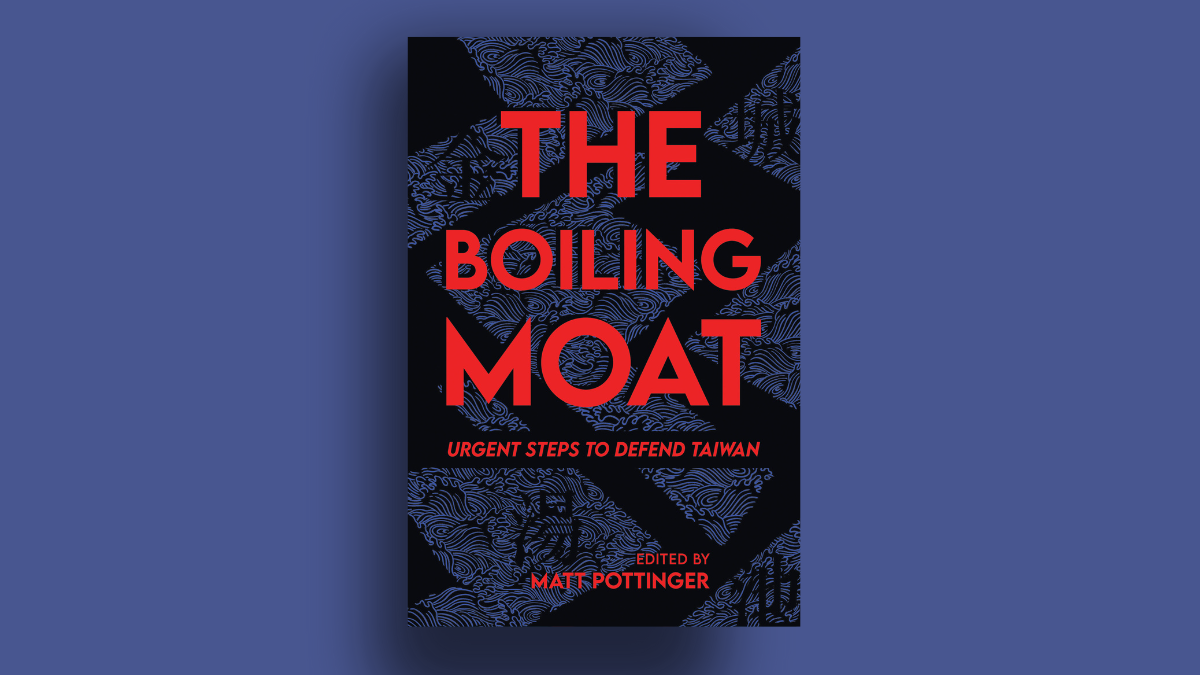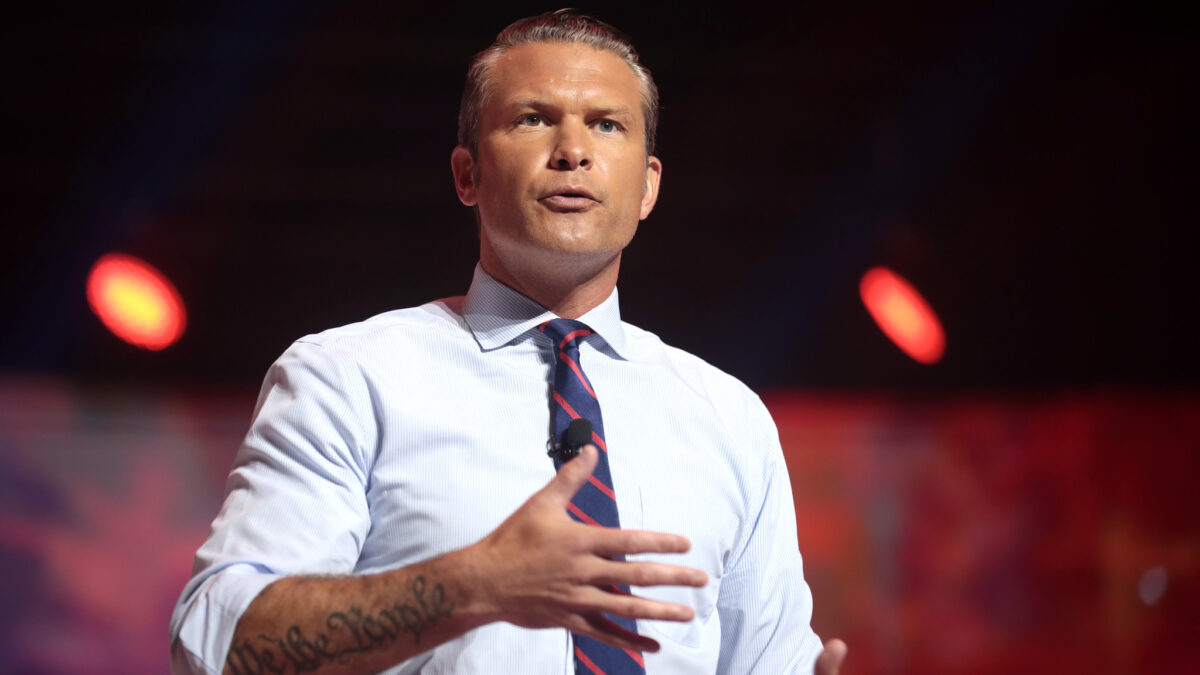
Britain’s vote to leave the European Union has apparently gotten everyone thinking about declaring independence or starting new countries. #Texit was trending on Twitter after the Supreme Court overturned the Lone Star State’s regulations on abortion clinics. Some on the other side of the aisle—like astrophysicist and “Cosmos” host Neil deGrasse Tyson—appear to be thinking about their own kind of exit.
On Wednesday, Tyson tweeted: “Earth needs a virtual country: #Rationalia, with a one-line Constitution: All policy shall be based on the weight of evidence.”
Kevin Williamson at National Review calls this “schoolboy nonsense.” He was being generous. But Tyson’s antics aren’t that surprising. Like fellow television personality Bill Nye “the science guy,” Tyson has built a career out of inserting himself into political debates. Also like Nye, grandstanding on hot-button issues like climate change and creationism is one of his favorite pastimes (although, to be fair, Tyson, unlike Nye, is actually a credentialed scientist).
Still, a remark this puerile borders on satire, and actually reminds me of my favorite article at Neckbeard News. Naturally, progressive propaganda outfit BigThink.com celebrated Tyson’s tweet as a diamond of wisdom from on high, linking to a video where he further unpacks his proposal for utopia.
Facts Can’t Make Law Without Interpretation
In the video, Tyson reasons that because there are different religious belief systems, “it’s unstable to build a government on a belief system. What you want are objectively verifiable truths around which we can all agree. That’s what you build your economic system on, your government system. Once you have that, then you can go forth to your mosques, your churches.”
Exactly how one builds a functioning judiciary or foreign policy around the second law of thermodynamics is still unclear. But Tyson is certain that there are “objective, verifiable truths,” and then there are belief systems. Facts and opinions—just like the game we played in kindergarten. Science is fact, religion is opinion. Got it?
It makes for a nifty tweet, but not-so-nifty policy. The idea that religious people approach the world with dogmatic blinders while secular scientists approach it with a stiff upper lip and brave objectivity is laughable, but it isn’t new. The republic of reason Tyson thinks will logic away the world’s problems has been tried before. It was called the French Revolution, and it caused a lot of people to lose their heads—literally and figuratively. (Tyson should get a pass on this, since he’s already shown his grasp on history is tenuous, at best).
Man has been trying to achieve Rationalia for centuries—millennia, even. All the way back to the Tower of Babel, we thought our intelligence and ingenuity would redeem us, and we were wrong. Rationalia and its one-sentence constitution are, to quote Jeff Goldblum’s character from one of the way-too-many Jurassic Park sequels, “the worst idea in a long, sad history of bad ideas.”
But Rationalia is also the heart and soul of the progressive project for this country. Left-wing technocrats like Tyson advocate ceding control of our lives to an elite corps of experts every time they beat the consensus drum on climate change, or equate abortion-on-demand with “science.”
Rationalia and the rationale behind it are precisely the reason progressives today are so comically intolerant of anyone to the right of Lindsey Graham. If you’ve convinced yourself that you don’t have a worldview—that your beliefs are all self-evident, objective facts of reality—then anyone who disagrees with you must be, as Richard Dawkins so charmingly put it, “ignorant, stupid, or insane (or wicked).”
It takes a healthy dose of self-awareness to admit that rational, sane people could come to different conclusions about the world than you have. Obviously, self-awareness is in short supply on the Left. But it gets scary when leftists in power try to weaponize their lack of empathy by outlawing dissent. Science itself becomes an inquisitorial instrument, meaning it ceases to be science and becomes a political cudgel.
Weaponizing Science Destroys It
Don’t let Tyson fool you: Science is in trouble—precisely because of the way it’s been politicized. A mortifying correction recently published in the American Journal of Political Science completely reverses a much-touted 2012 study that purported to show higher levels of “psychoticism” and authoritarianism among conservatives. Turns out the results were “exactly reversed,” and that liberals, not conservatives, show higher rates of psychoticism and authoritarianism.
But it runs deeper than one study. In a must-read piece from earlier this year at First Things, William A. Wilson chronicles the profound challenges facing peer-reviewed science. The entire process has become riddled with procedural flaws, human error, selection bias, seniority politics, sensationalism, fraud, and an ever-swelling torrent of published nonsense that outpaces the discipline’s “sclerotic” mechanisms for self-correction.
This bleak assessment led Pascal-Emmanuel Gobry to remark in The Week that “the current system isn’t just showing cracks, but is actually broken, and in need of major reform. There is very good reason to believe that much scientific research published today is false, there is no good way to sort the wheat from the chaff, and…the system [as] designed ensures that this will continue being the case.”
Of course, the primary method of correcting scientific error is peer review. But peer review requires scientists to actually replicate each other’s results. That’s where things get even hairier. A recent report in Nature found that “more than 70% of researchers have tried and failed to reproduce another scientist’s experiments, and more than half have failed to reproduce their own experiments.”
Let that sink in for a moment. That means that the vast majority of scientists surveyed aren’t able to consistently repeat a published experiment and get the results the author reported. The majority of scientists surveyed can’t even get the same results consistently for their own experiments! Nature rightly calls this a “crisis.” But it’s important to understand what it means: Either most scientists are incompetent at replicating experiments, in which case peer review is in deep doo-doo, or a huge percentage of published scientific findings are suspect (and by “suspect,” I mean they’re double-decker baloney sandwiches).
Science Wouldn’t Exist Without Philosophy
The good people of Rationalia may have trouble governing themselves if “the weight of evidence” is this fickle. But this new country’s would-be president, Neil DeGrasse Tyson, has an even bigger problem: philosophy. Specifically, he doesn’t appear to understand what it is.
In a Quartz piece delightfully entitled “Why are so many smart people such idiots about philosophy?” Olivia Goldhill calls out the likes of Tyson and Nye for their embarrassing ignorance of the field. Both have publicly dismissed philosophy as a kind of navel-gazing exercise, akin to Monty Python’s philosopher’s football sketch. It’s a grade-school understanding ill-befitting men so respected for their intellects. These atheist champions of science seem to think, writes Goldhill, that philosophy “is about asking pointlessly ‘deep’ questions, plucking an answer out of thin air, and then drinking some pinot noir and writing a florid essay.”
In reality, philosophy undergirds science. It tells us why we do science, how we do science, and what we should do with the results of science. As Existential Comics tweeted last August, the next time someone asks you why philosophy matters, ask them why science matters. Whatever they answer will be philosophy.
The very idea that makes science possible—that the universe is predictable enough for inference from limited experience to be a meaningful way of knowing—is pure philosophy. Philosophy, I might add, that was derived from a Christian view of the world.
Tyson, too, has a philosophy, whether he realizes it or not. It’s called “scientism,” the belief that science is the only valid source of knowledge. The rule-by-self-identified-experts he envisions for the happy land of Rationalia is scientism’s logical outcome. But when you insist that facts and evidence speak for themselves, it has a funny way of silencing everyone else. As one intrepid Twitter user replied to Tyson’s initial tweet, “Convenient how the ‘evidence’ always seems to line up with Tyson’s personal beliefs.”
The real problem, of course, is that Rationalia doesn’t take into account the fallenness of human nature, or the fact that we all approach reality with a certain set of assumptions. If we’re to build a new country based on rationality, the question is simply, “Whose rationality?” I certainly don’t want it to be from someone who’s blind to his own biases, to the flaws of science, and to other people’s perspectives. Contrary to what Tyson seems to think, Rationalia will be doomed to collapse from the beginning because its constitution wouldn’t be based on the absence of faith—just the complete dominance of one man’s (very irrational) faith.









